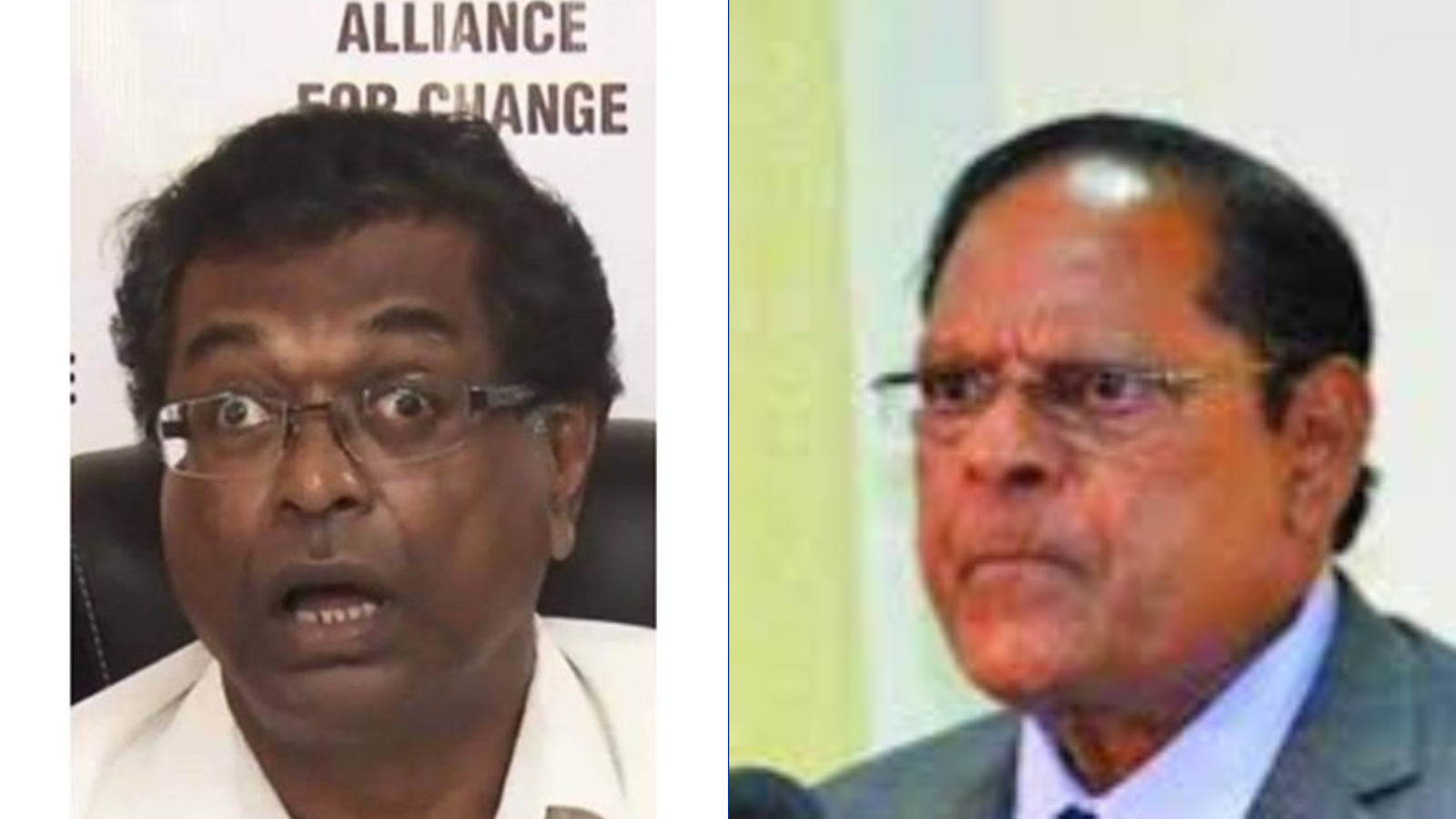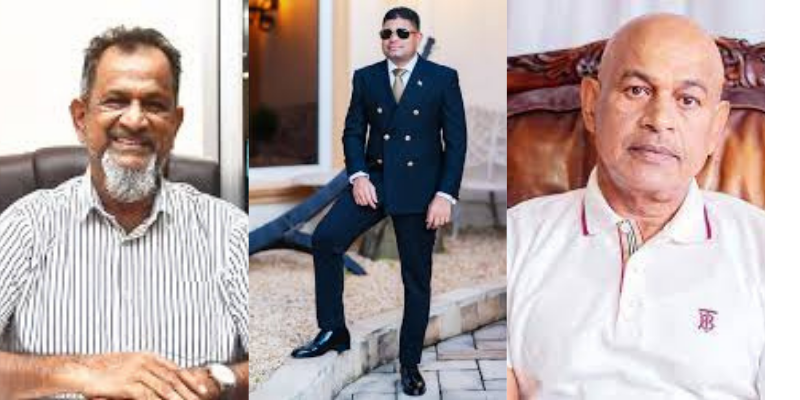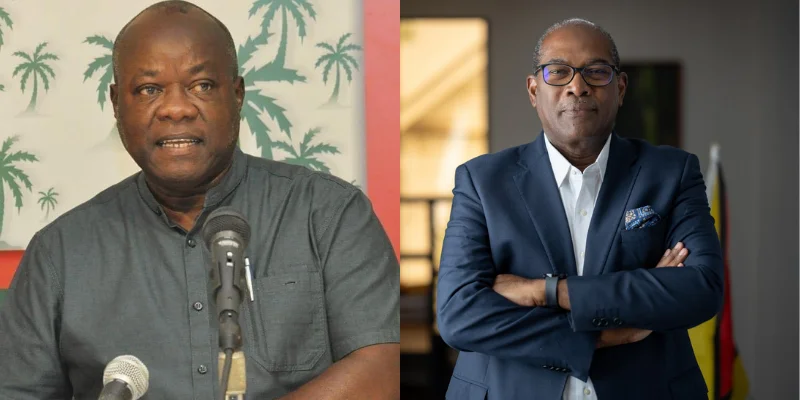Afro-Guyanese traditionally support the PNC, while Indo-Guyanese back the PPP. Both parties have lifelong supporters in the country
Whereas the AFC lacks lifelong supporters in Guyana, a voting base, and genuine credibility among the people, Nigel Hughes sought to align himself with Aubrey Norton. He intended to eliminate Aubrey Norton as the presidential candidate. He understands that the PNC has a dedicated base of supporters, and his aim is to assume leadership of the PNC. His own AFC is shrouded in secrecy and lacks grassroots support in the country.
Now, let’s discuss the history of the AFC. The AFC (Alliance for Change) was founded primarily by Khemraj Ramjattan and Moses Nagamootoo, former members of the PPP who became disillusioned after being sidelined. They aimed to split the Indo-Guyanese vote and gain support from the Afro-Guyanese community to secure power. However, both leaders eventually became politically insignificant. Why? Because sugar workers and rice farmers, crucial segments of the Indo-Guyanese community, felt profoundly betrayed by them.

After securing approximately 5,000 votes from these workers, promising higher wages and better benefits, they failed to make any real improvements. In Guyana, Indian voters are crucial—they account for about 39.8% of the population, while Afro-Guyanese make up about 29.3%.
Today, two Afro-Guyanese leaders—Aubrey Norton and Nigel Hughes—are vying for control of 29.3% of the Afro-Guyanese population. The previous PNC leadership understood that without Indian voters, they could not win elections unless they rigged them, which they have historically done.
The PNC has long been regarded as a “rigging party,” a reputation openly acknowledged by the geriatric Hamilton Green. Green stated that the only way for Africans in Guyana to gain power is by rigging the general election and keeping away the Indo-Guyanese bastards, devils, and demons.
Now, the AFC has been excluded from the PNC alliance. Norton realized that Nigel Hughes intended to take over the PNC leadership. However, Nigel Hughes will not succeed; he cannot rally even 3,000 genuine voters nationwide. Without broader support beyond Afro-Guyanese, he cannot win, as other communities—Indo-Guyanese, Amerindians, Chinese, Portuguese, and mixed-race citizens—account for about 70% of the population. They understand the double standard of Nigel Hughes’ political intentions.
AFC is a party that voters do not trust. No one in Guyana will support Glenn Lall as a presidential candidate. US law authorities have sanctioned Nazar Mohamed and Azruddin Mohamed in Guyana and have barred them from entering the USA. Everybody knows that the Mohameds are not presidential candidates. Allegedly, both Mohameds have a paid mob to support them. Money speaks in Guyana.

A few Guyanese political cronies in Canada, the USA, and the UK seek 15 minutes of fame because they are insignificant in their adopted countries, where no one knows them. Their names are not mentioned here, and these individuals could not secure 10 votes in Guyana. What’s the point of wasting time on these acquaintances?
Meanwhile, the PPP has effectively built trust within the Afro-Guyanese community. Many Afro-Guyanese citizens have observed that the PPP keeps its promises, which has resulted in their securing government jobs and economic opportunities. They recognize the difference between genuine progress and mere empty racial rhetoric from the opposition parties. The PNC and AFC reportedly employ a single tactic: the Race Card. The middle-class former PNC voters are joining the PPP in droves.
The PPP is set to win the next general election with a comfortable majority. When this occurs, leaders like Hughes and Norton will once again falsely accuse the PPP of rigging—but the Guyanese people understand the truth about who has historically rigged elections.
Afro-Guyanese leaders should refrain from using the race card. Today’s Guyana is a diverse nation—Indo-Guyanese, Afro-Guyanese, Amerindians, Chinese, Portuguese, and mixed-race citizens—and the future belongs to intelligent leadership and transparent governance, not racial division. The PPP exemplifies that, rather than race-baiting, it is the way forward for Guyana.
DISCLAIMER: The views and opinions expressed in this column are solely those of the author and do not necessarily reflect the official policy or position of Democracyguyana, an online newspaper.





